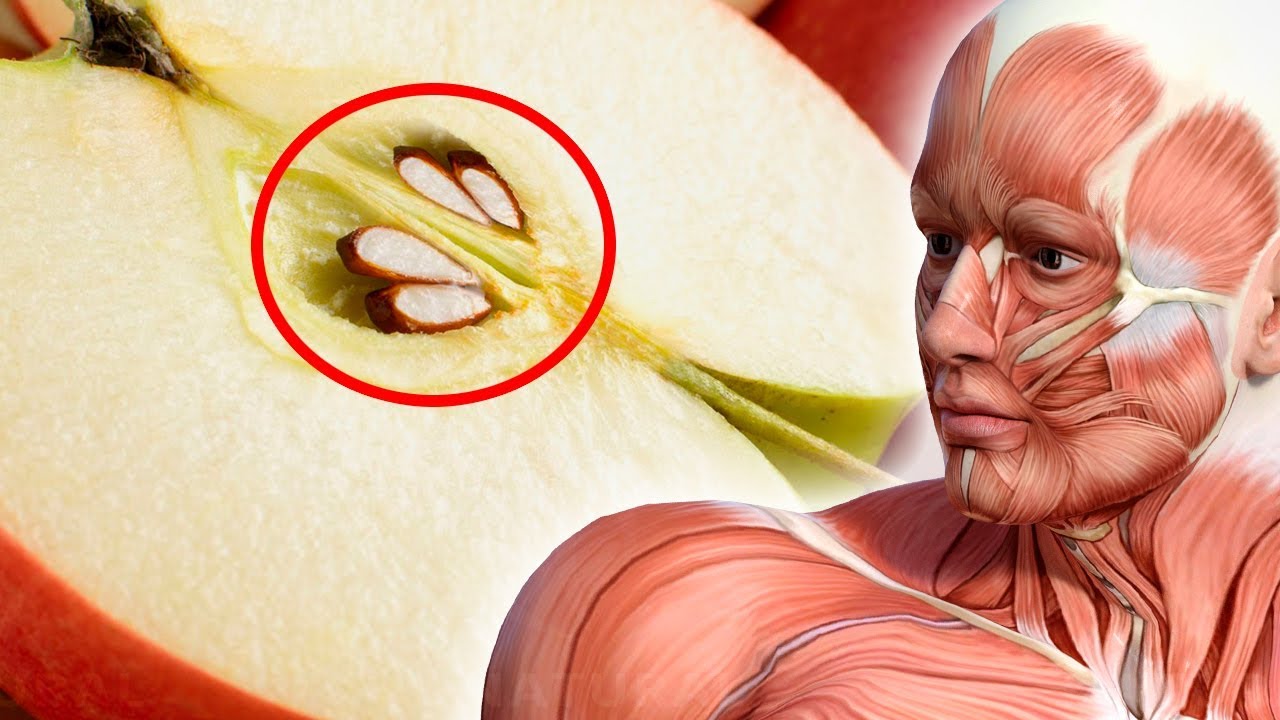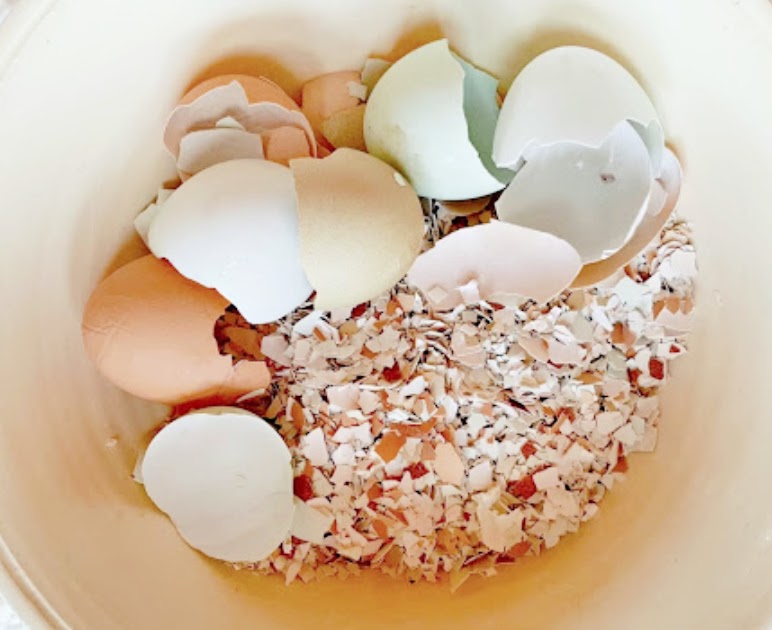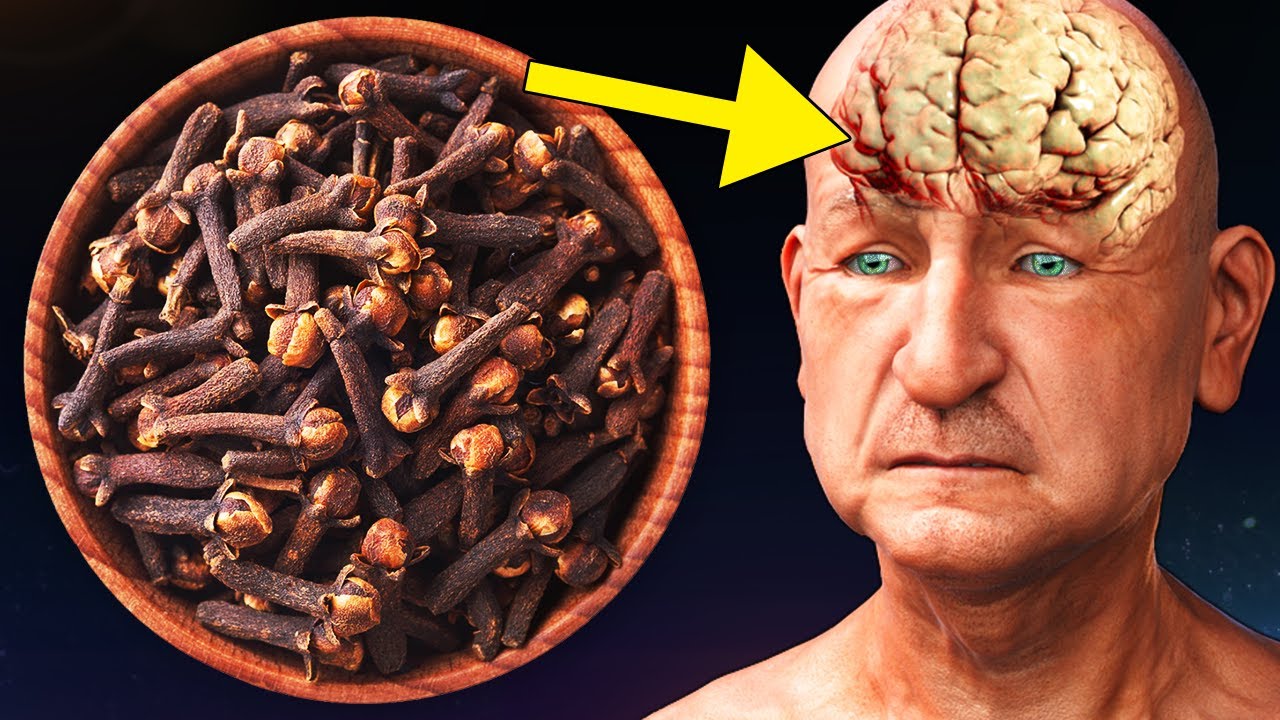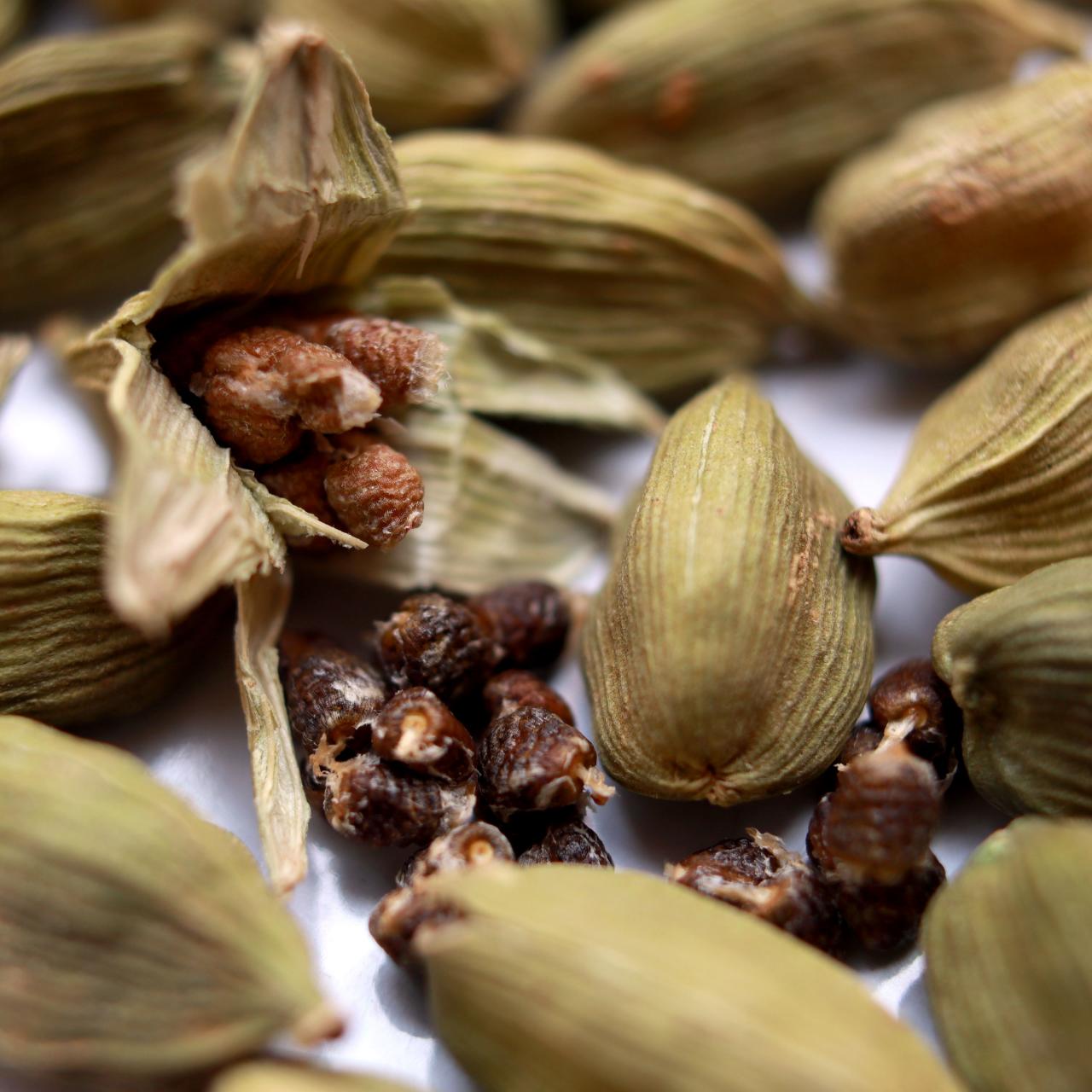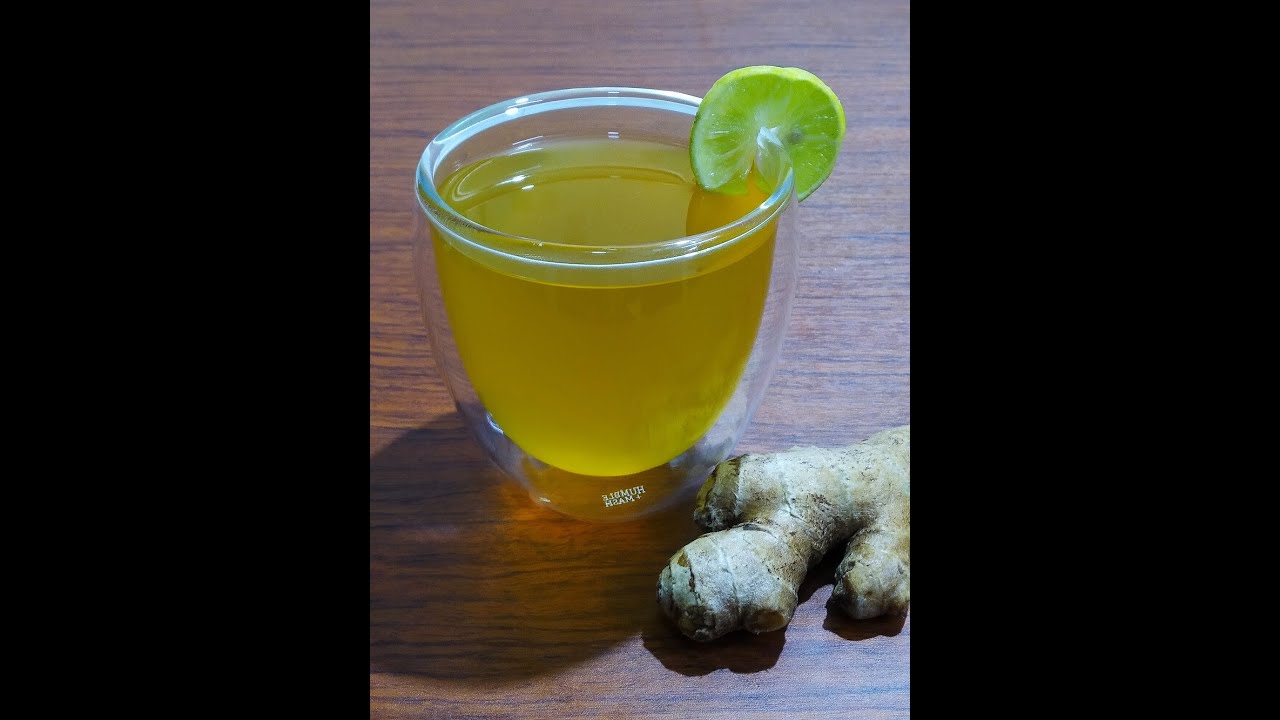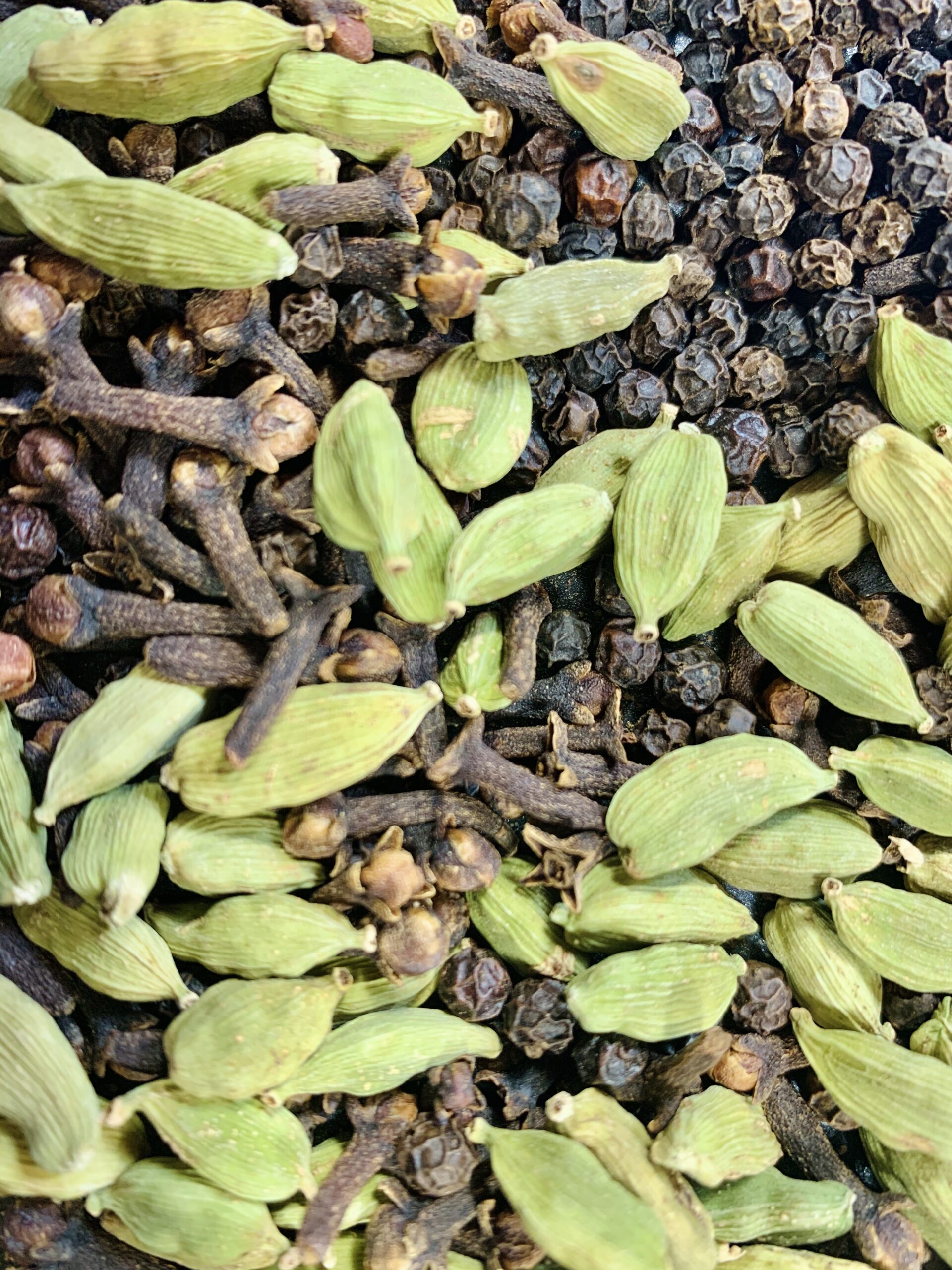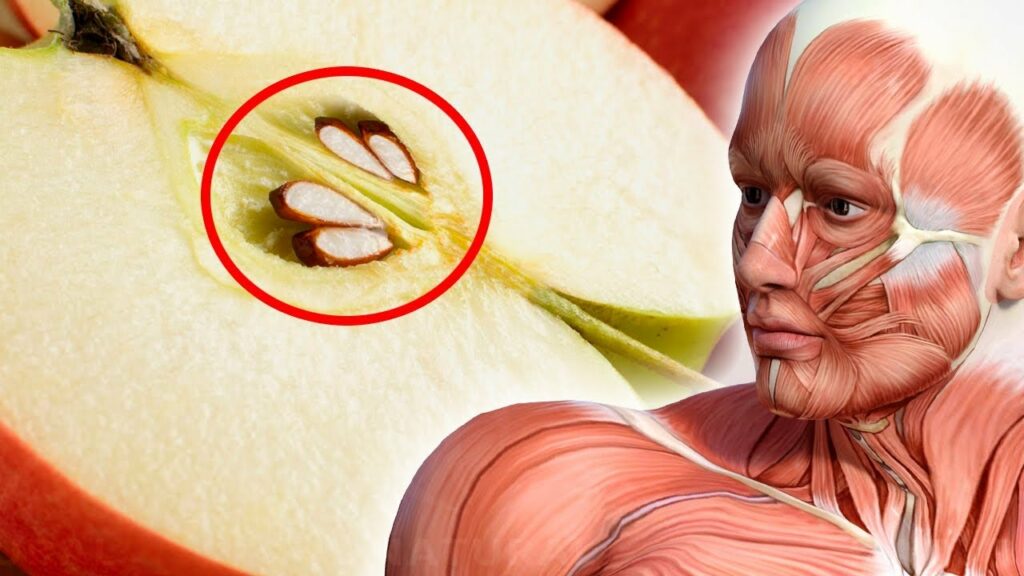
Apple seeds are small, easy to overlook, and often consumed unintentionally when enjoying an apple. While apples themselves are packed with health benefits, the seeds contain a potentially harmful substance that raises concerns. So, what really happens when you eat apple seeds?
1. Apple Seeds Contain Cyanide ⚠️
Apple seeds contain a compound called amygdalin, which is part of the seeds’ natural defense mechanism. When chewed or crushed, amygdalin breaks down into hydrogen cyanide, a toxic substance that can be harmful in large amounts.
Why It’s Concerning:
-
Cyanide interferes with your body’s ability to use oxygen, leading to symptoms of poisoning such as dizziness, shortness of breath, or, in extreme cases, death.
-
Symptoms of cyanide poisoning include headaches, nausea, confusion, and difficulty breathing.
2. The Amount Matters 🍏
Accidentally swallowing a few apple seeds is generally not harmful, as the human body can detoxify small amounts of cyanide. It would take a significant quantity of chewed or crushed apple seeds to reach dangerous levels of cyanide exposure.
How Many Seeds Are Harmful?
-
For cyanide poisoning to occur, you would need to consume 150-200 crushed apple seeds from multiple apples in a short period.
-
Since each apple contains about 5-8 seeds, consuming enough seeds for poisoning would require intentionally chewing large amounts.
3. The Seeds Pass Through the Body Whole 💨
If you accidentally swallow whole apple seeds without chewing them, they often pass through your digestive system without releasing cyanide. The seed’s hard outer shell protects the amygdalin inside, preventing it from breaking down into cyanide.
What Happens:
-
The seeds are excreted naturally, without any cyanide being absorbed by the body.
-
Unless the seeds are chewed or crushed, there’s little risk of cyanide poisoning.
4. Potential Health Benefits of Amygdalin 🌿
Interestingly, some proponents of natural remedies suggest that amygdalin (also known as vitamin B17) may have cancer-fighting properties, though this claim remains controversial and lacks scientific consensus. In fact, the use of amygdalin as a treatment for cancer has been largely discredited due to its toxic cyanide content.
Why It’s Controversial:
-
The potential health benefits are not backed by reliable evidence, and the risks associated with cyanide poisoning outweigh any unproven claims.
Final Thoughts:
While apple seeds contain cyanide, swallowing a few accidentally is generally not harmful, as your body can detoxify small amounts. However, intentionally chewing or consuming large quantities of apple seeds can be dangerous and lead to cyanide poisoning. To stay safe, it’s best to remove the seeds when eating apples, especially if you tend to chew them.
Enjoy your apples, but remember—the seeds are better left uneaten! 🍏
